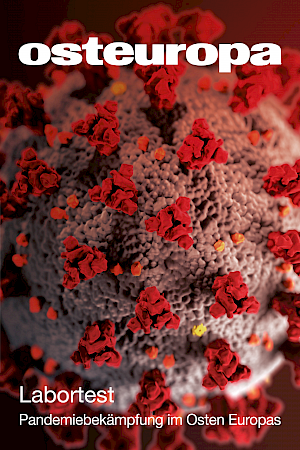Instrumentalised, suppressed, ignored
The Holodomor in the German consciousness
Deutsche Fassung
Abstract
Germany was well informed about the famine in Ukraine in 1932/33. Diplomats sent reports of what was happening, and church organisations began collecting aid for the victims. German engineers and labourers working on installations in the country were eye witnesses to what occurred. The first academic study of the catastrophe was conducted in 1941 under German occupation, and the results were extensively exploited for propaganda purposes. The Germans had quite a large amount of information. Yet the instrumentalisation of the Holodomor by the National Socialists and unease within Germany about the country’s own crimes during the war of annihilation and the Holocaust made it difficult to engage with the issue during the post-war years. The Holodomor in Ukraine was also suppressed, forgotten and ignored as a result of the Russia-centric nature of German historical Eastern European research. Today, those who demand that the Holodomor be recognised as genocide also hope to integrate it into the European and global culture of remembrance.
(Osteuropa 3-4/2020, pp. 193–214)



